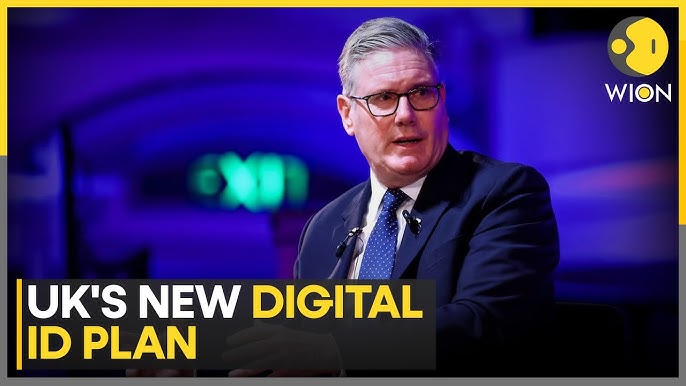What is the College Board?
The College Board is a not-for-profit organization in the United States that plays a crucial role in the college admissions process for millions of students. Founded in 1900, its primary objectives include expanding access to higher education and providing assessment services through standardized testing.
Key Functions of the College Board
The College Board administers key assessments like the SAT, which is used as a vital part of the college admission process. Additionally, they provide advanced placement (AP) programs that allow students to take college-level courses and earn college credit. This benefits students by giving them opportunities to enhance their transcripts and reduce the number of courses they need to take in college.
The organization has also recently focused on streamlining the application process through the Common Application and fostering partnerships with schools, educators, and policymakers to promote equity in education.
The Importance of Standardized Testing
The SAT and other assessments developed by the College Board are designed to measure students’ readiness for college. Standardized tests provide a numeric assessment that colleges can use as one factor among many in admissions decisions. However, the SAT’s effectiveness and fairness have undergone scrutiny, with ongoing debates about equity, diversity, and inclusion in college admissions.
Recent trends indicate that many colleges and universities are moving toward a test-optional policy, which allows students to decide whether to submit standardized test scores as part of their application. This shift reflects a growing acknowledgment of the limitations and biases associated with standardized testing, especially regarding students from underprivileged backgrounds.
Innovations in College Board Programs
To remain relevant and effective, the College Board is continually innovating its programs. For instance, in light of recent trends toward digital learning, the College Board introduced a digital SAT format that enhances accessibility and security during testing.
Moreover, the organization has embraced technology in a way that could enhance the preparation process for students. Implementing resources such as Official SAT Practice on Khan Academy provides tailored practice material and progress tracking, enabling students to prepare more effectively.
College Board’s Role in Education Equity
Educational equity is a vital topic in today’s academic landscape, and the College Board is committed to reducing barriers for underserved students. Their Higher Ed Equity Initiative aims to create more opportunities for underrepresented students in colleges and universities. By offering programs that provide access to resources and knowledge, the College Board seeks to respond to disparities in educational outcomes.
Future Prospects and Challenges
As the educational landscape continually evolves, the College Board faces challenges, including adapting to the digital transformation and the critique of standardized testing. These challenges also present opportunities for the organization to rethink how it measures readiness for college and assesses student potential.
Additionally, as admissions processes become more holistic, the College Board may also explore methods beyond testing to evaluate students’ capabilities. This could involve a greater emphasis on portfolios, letters of recommendation, and personal statements, which can provide a more comprehensive view of the applicant.
Conclusion
In summary, the College Board has played a pivotal role in shaping the college admissions process through its comprehensive approach to standardized testing and educational access. As it faces an evolving educational landscape, its commitment to innovation, equity, and student success will be critical in guiding the future of higher education in the United States.
For business leaders and HR professionals, understanding the role of organizations like the College Board is essential. Their influence extends to workforce readiness and the development of future talent, making this topic pertinent in discussions around skills, education, and employment.








